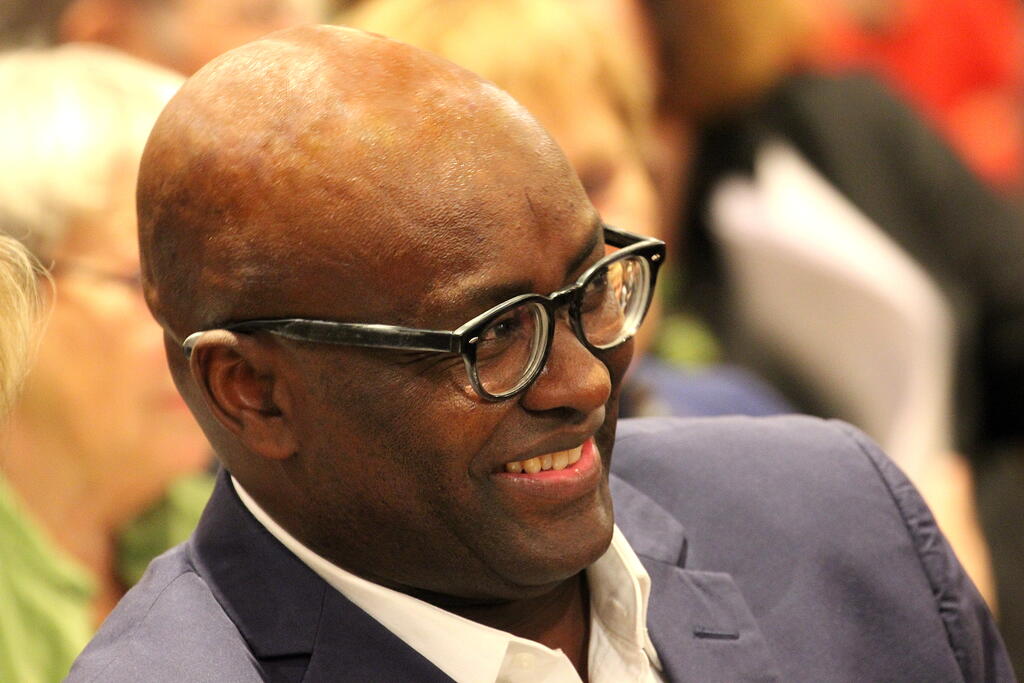
Dr Nise da Silveira, born on 15 February 1905 in Maceió; died on 30 October 1999 in Rio de Janeiro, was one of Brazil’s most important scientists*, psychiatrist, alchemist of the psyche and Marxist, who resolutely defined new paths through the fields of medicine, philosophy and art. Her work was characterised by her rejection of the invasive methods of psychiatry that were common at the time. She was the only female graduate alongside 157 men. Nise da Silveira completed her specialist training as a psychiatrist at the Antonio Austregésilo Neurological Clinic and in the same year won a national competition for a post in psychopathology and mental health care at Praia Vermelha Hospital.
When she was employed at the Pedro II Psychiatric Centre in Engenho de Dentro, Nise da Silveira rejected the practices of lobotomy, insulin shock or cardiazole shock therapy and was then transferred to the occupational therapy department. There she enabled her patients to develop personally and artistically. In particular, she led art therapy sessions, through which, according to her understanding, subconscious states of the psyche became accessible. Nise da Silveira, the “psiquiatra rebelde”, revolutionised the history of psychiatry beyond the borders of her country and was a forerunner in the worldwide movements of psychiatric forms in Brazil, England, Italy and Germany between the 1960s and 1980s. She advocated the humanisation of treatment methods for chronically mentally ill patients and created the “Museu de Imagens do Inconsciente”, which was also her study and research centre. After her death, her private archive was included in UNESCO’s “Memory of the World” programme as a heritage of humanity, a digital collection of historical documents of exceptional value to human history.
Image/source: Arquivo Nise da Silveira, https://revistacult.uol.com.br



 The quote points out that Europeans see themselves as the founders of equality for all people, while at the same time, as former colonial powers, they refuse to come to terms with and compensate for colonial crimes. Every step must be claimed, fought for and negotiated by the victims. The quote is located in more recent discussions about global cultures of remembrance, in which the relationship between colonialism and National Socialism in particular is being debated. In her journalistic book, Wiedemann reconstructs concrete entanglements, simultaneities and contradictions between (post-)colonialism and (post-)National Socialism.
The quote points out that Europeans see themselves as the founders of equality for all people, while at the same time, as former colonial powers, they refuse to come to terms with and compensate for colonial crimes. Every step must be claimed, fought for and negotiated by the victims. The quote is located in more recent discussions about global cultures of remembrance, in which the relationship between colonialism and National Socialism in particular is being debated. In her journalistic book, Wiedemann reconstructs concrete entanglements, simultaneities and contradictions between (post-)colonialism and (post-)National Socialism.






 Mbembe develops a critical reflection on the Western notion of reason and rationality. He examines current dynamics of colonialism, racism and resistance and attempts to explore possibilities for a more just and solidary world order. He attempts to show the extent to which the goal of anti-colonial liberation struggles, the right to equal participation for all, remains relevant for the present day.
Mbembe develops a critical reflection on the Western notion of reason and rationality. He examines current dynamics of colonialism, racism and resistance and attempts to explore possibilities for a more just and solidary world order. He attempts to show the extent to which the goal of anti-colonial liberation struggles, the right to equal participation for all, remains relevant for the present day.




 After the inhabitants of Barbados were kidnapped and enslaved or expelled by Portugal in the 16th century, England took possession of the island in 1625 (until 1962). English and Irish serfs, enslaved Africans and American Indians were settled as plantation workers for sugar cane cultivation, exploited, tortured and murdered. They fought back – often together – by fleeing, arson, manslaughter and revolt. In the Caribbean, as well as in other parts of the Americas, resistant former enclaved people formed so-called maroon communities (Linebaugh & Rediker 2008).
After the inhabitants of Barbados were kidnapped and enslaved or expelled by Portugal in the 16th century, England took possession of the island in 1625 (until 1962). English and Irish serfs, enslaved Africans and American Indians were settled as plantation workers for sugar cane cultivation, exploited, tortured and murdered. They fought back – often together – by fleeing, arson, manslaughter and revolt. In the Caribbean, as well as in other parts of the Americas, resistant former enclaved people formed so-called maroon communities (Linebaugh & Rediker 2008).